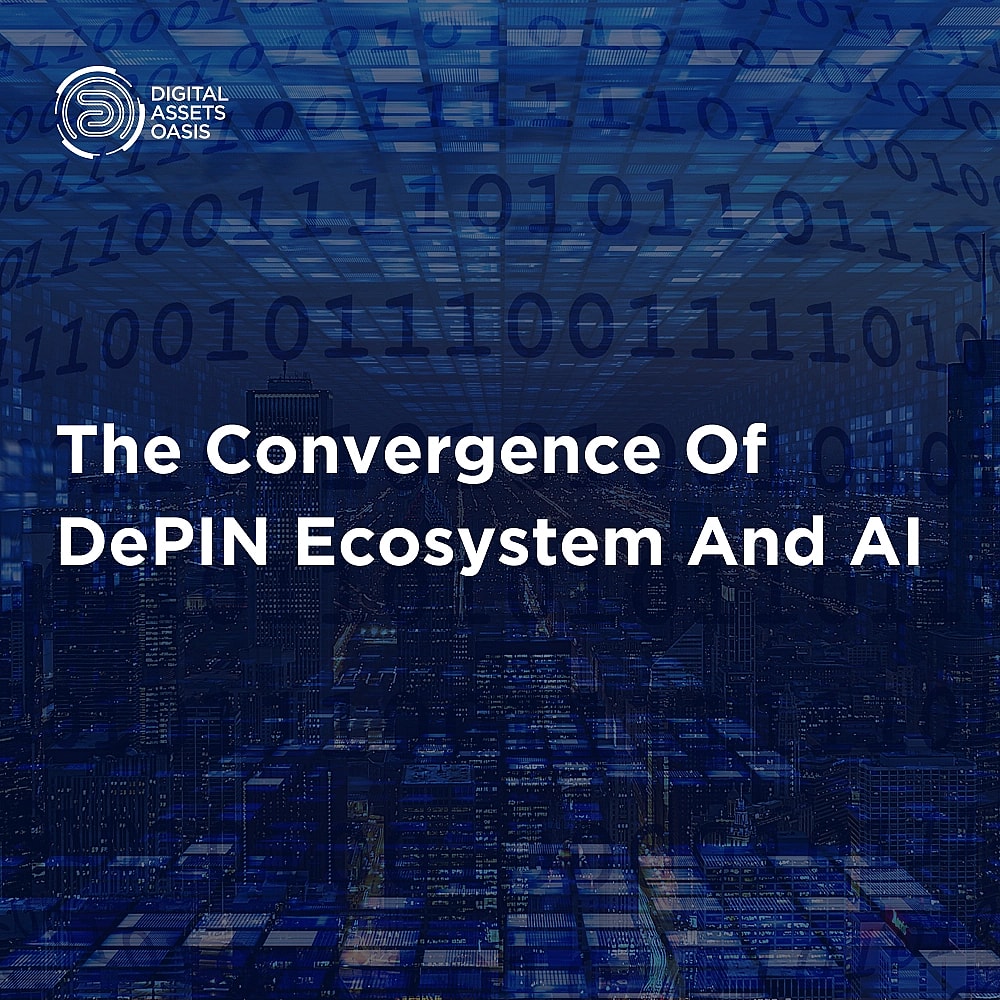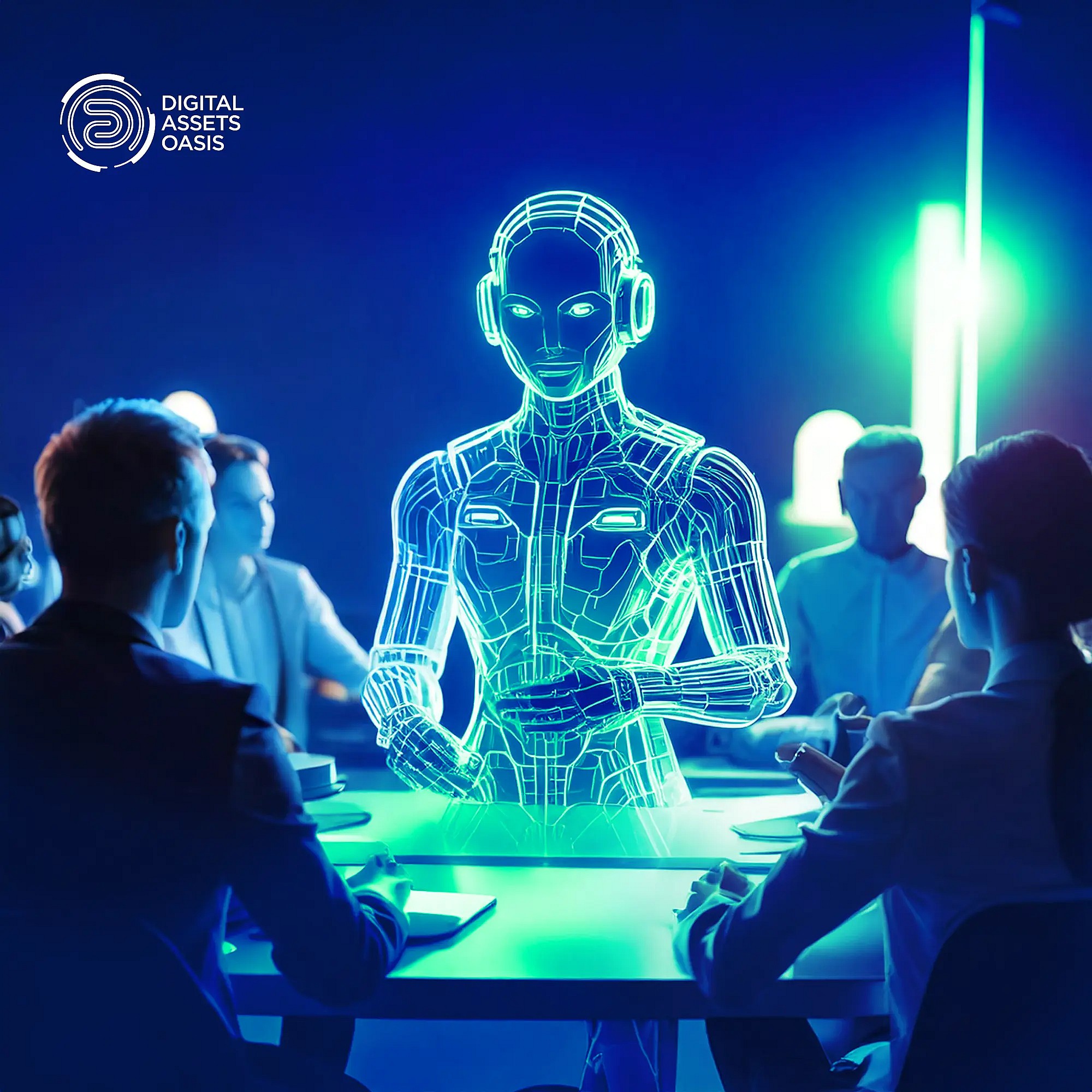The Evolution of DAO Regulation: Progressive Jurisdictions Leading the Way
In the rapidly evolving landscape of blockchain technology, Decentralized Autonomous Organizations (DAOs) represent one of the most innovative governance structures to emerge in decades. Operating as member-owned communities without centralized leadership, DAOs use smart contracts and tokens to establish rules, execute decisions, and manage resources. However, their decentralized nature creates significant regulatory challenges. This post examines how progressive jurisdictions like Wyoming and RAK DAO are establishing regulatory frameworks that balance innovation with legal certainty.
The Regulatory Challenge
DAOs exist in a legal gray area globally. Without specific legislation, they face critical challenges, including uncertain legal status, unlimited liability for members, ambiguous tax treatment, and potential securities law violations. Despite DAOs' potential to revolutionize organizational governance, these challenges have hindered mainstream adoption.
Wyoming: America's DAO Pioneer
Wyoming continues to cement its position as America's most blockchain-friendly state through progressive legislation for DAOs.
Recent Developments
In 2024, Wyoming Governor Mark Gordon signed into law a new legal framework for DAOs, further enhancing the state's position in blockchain legislation^1 in the United States. This legislation further builds upon Wyoming's groundbreaking 2021 law that first recognized DAOs as legal entities.
Wyoming's DUNA Law
Wyoming passed the Decentralized Unincorporated Nonprofit Association (DUNA) law last year, providing non-profit DAOs with legal recognition^2. This framework allows DAOs to operate as nonprofit entities while maintaining their decentralized structure, addressing a significant gap in previous legislation that primarily focused on for-profit DAOs.
DAO LLC Structure
Wyoming's original DAO LLC provisions that had come into effect in 2022 were the first in the United States to provide a clear legal structure for DAOs^3. This legislation established:
- Legal personhood for DAOs
- Limited liability protection for members
- Clear guidelines for formation and operation
- Regulatory clarity regarding governance and smart contracts
Wyoming's approach distinguishes between algorithmically-managed DAOs and member-managed DAOs, providing appropriate frameworks for each structure. This nuanced approach has made Wyoming a destination for DAO formations seeking legal certainty within the United States. However, the Wyoming model also has some limitations. It requires DAOs to comply with existing LLC regulations, which may not always be well-suited to the unique characteristics of DAOs. Additionally, the Wyoming law does not address the complex issues related to DAO taxation and cross-border recognition, given the global nature of DAO-led web3 businesses.
RAK DAO: The UAE's Blockchain Oasis
The United Arab Emirates in the recent time, has established itself as a global hub for blockchain innovation through forward-thinking regulation.
RAK Digital Assets Oasis
RAK DAO positions itself as “the world’s first non-regulated free zone focused on web3 companies”^5. This special economic zone offers a comprehensive ecosystem for blockchain entities, including DAOs, with minimal regulatory barriers while maintaining necessary legal protections.
RAK DAO has recently launched a new regulatory framework specifically designed for DAOs, providing them with legal clarity, legitimacy, and a new way to interact with the off-chain world^4. This framework addresses the fundamental challenges DAOs face globally while promoting innovation.
The DARe Framework
RAK DAO’s Digital Asset Regime Environment (DARe) aims to seamlessly integrate DAOs into traditional legal and business environments^6. It addresses critical aspects including:
- Legal recognition as separate legal entities
- Simplified formation procedures
- Clear operational guidelines
- Protection of members’ liabilities
- Interaction frameworks with traditional legal systems
This progressive approach positions RAK DAO as perhaps the most attractive global jurisdiction for DAO formation, particularly for entities seeking to operate internationally with minimal regulatory friction.
Comparative Analysis
Both Wyoming and the RAK DAO have taken proactive steps to create legal frameworks for DAOs, but their approaches also vary in certain ways.
- Legal Entity Status
- Regulatory Sandbox
- Global vs. Local Focus
Wyoming recognizes DAOs as LLCs, while the RAK DAO provides a separate legal entity status for DAOs. This difference reflects the unique legal systems and regulatory environments of each jurisdiction.
The RAK DAO's regulatory sandbox is a unique feature that allows DAOs to test their operations in a controlled environment. Wyoming does not currently offer a similar sandbox.
Wyoming's approach is primarily focused on attracting blockchain-based businesses in the United States to the state, while RAK DAO aims to position the UAE as a global hub for blockchain innovation.
Other Progressive Jurisdictions
While Wyoming and RAK DAO lead the legal framework innovation for DAOs, a number of other jurisdictions have attempted such frameworks:
The Marshall Islands
The Marshall Islands recently enhanced its DAO regulation with the 2024 DAO Regulation, which improves the registration and annual filing processes for both existing DAO LLCs and new registrants^7. The Marshall Islands offers:
- Corporate personhood for registered DAOs
- Streamlined registration processes
- Regulatory certainty with minimal compliance burden
- International recognition^8
The Marshall Islands' approach balances regulatory oversight with operational freedom, making it particularly attractive for DAOs seeking an international jurisdiction with reasonable compliance requirements^9.
Persistent Regulatory Challenges
Despite progress in these progressive jurisdictions, DAOs continue to face significant regulatory challenges globally:
Legal Personhood and Liability
In most jurisdictions, DAOs still lack legal personality and capacity, meaning they cannot enter into enforceable contracts, own property, or enjoy limited liability protections^11. This exposes members to potential unlimited personal liability for DAO actions.
Securities Law Compliance
Many DAOs face potential securities law issues, particularly when issuing governance tokens that could be classified as investment contracts^12. The lack of clear global standards creates significant compliance challenges for DAOs operating across borders.
Taxation Complexities
The tax treatment of DAOs remains ambiguous in most jurisdictions, creating uncertainty regarding income, capital gains, and operational tax obligations^10.
The Path Forward
The current state of DAO regulation is characterized by a patchwork of approaches, with progressive jurisdictions like Wyoming and RAK DAO leading the way. Several trends are likely to shape the future of DAO regulation. One is the development of international standards and best practices. Organizations like the OECD and the Financial Action Task Force (FATF) are actively exploring the implications of DAOs for international law and regulation.
Another trend is the increasing use of regulatory sandboxes and pilot programs. These initiatives allow regulators to experiment with new approaches to DAO regulation in a controlled environment, providing valuable insights into the potential benefits and risks of different regulatory models.
As DAOs evolve and proliferate, we expect more jurisdictions to develop specialized frameworks. The approaches pioneered by Wyoming and RAK DAO will likely influence global regulatory trends, potentially leading to more standardized treatment of DAOs internationally.
The choice of jurisdiction remains critical for entities considering DAO formation. The right regulatory framework can provide essential legal protections while preserving the innovative governance model that makes DAOs revolutionary. As the regulatory landscape continues to evolve, staying informed about developments in these progressive jurisdictions will be essential for anyone involved in the DAO ecosystem.







